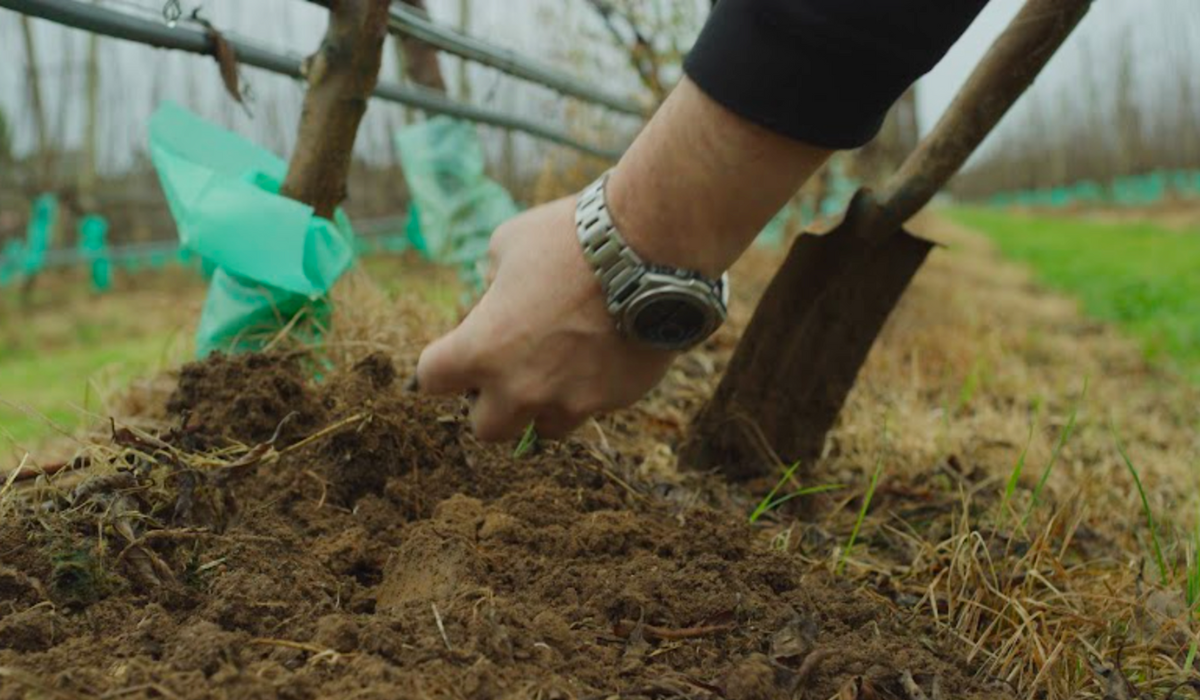The results of the 2022 annual review under the Australian Carbon Industry Code of Conduct have revealed increased participation and a strong commitment to achieving best practice in the Australian carbon market, with 45% growth in signatories and 93% in compliance with the Code in FY22.
Launched in 2018, the Code aims to be a world leading “beyond compliance” consumer protection mechanism for the carbon market. It aims to define and guide best practice for market participants, including promoting transparent and appropriate interaction with landowners, Native Title holders and claimants. The Code’s consumer, market and stakeholder focus goes beyond the environmental outcomes appropriately regulated by government, now under review by a panel led by Professor Chubb.
The Code Administrator, independently managed by the Carbon Market Institute (CMI), audits Signatories every year to ensure they uphold the standards of the Code and investigates all complaints of alleged non-compliance against the Code.
John Connor, CMI CEO, said: “Australian carbon projects have an important role to play in contributing to our economic transformation to net zero and this will require not only environmental integrity but also proper engagement with landowners, native title holder and claimants and the broader community.”
“The Code is a unique platform and a key component in building a high integrity Australian carbon credit market that land holders, native title holders and claimants, other stakeholders and investors, domestic and international, can rely on,” he said from COP27 in Egypt.
“There are now 32 signatories in total, highlighting the strong appetite from market participants in adopting the higher standards required under the Code so far, and we expect this number to rise again over the next year.”
During FY22, there were new requirements under the Code aimed at improving how Signatories engage and behave while carrying out carbon projects, including how Signatories must engage with Native Title Holders and registered Native Title Claimants and their representative bodies.
Additionally, more was demanded of Signatories during the compliance review process – including producing evidence of documentation required under the Code, such as written stakeholder engagement policies, internal complaint handling procedures, and evidence that Code information has been provided to all relevant people.
Since July 2021, the Code has also had expanded powers to investigate consumer complaints, monitor and audit activities of Signatories, and take enforcement action against those that deliberately mislead or disadvantage community members or clients.
28 Code signatories submitted to the 2022 review. Around 93% of Signatories were either in full or foundational compliance with the Code in 2022, demonstrating a high level of best practice in the market, despite room for improvement.
The Administrator will seek to further improve the compliance reporting process next year when it oversees a routine three-year review of the Code, in consultation with Signatories, industry and government stakeholders, and a range of community stakeholders, including Indigenous, landholder and farming representatives.
Virginia Malley, Code Review Panel Chair said: “The Code continues to be enforced in practice, with a low tolerance for non-compliance by Signatories who show neither genuine commitment to the principles of the Code, nor implement a rectification plan. Ensuring the Code’s integrity in this way is critical to maintaining community confidence in the integrity of projects registered with the Code.”
CMI recently also recently appointed Pip Stenekes, as the new Director of the ACI Code Administrator team. She said: “The Code has expanded significantly in the last 12 months and we’re starting to see landowners and landholders recognise and call out bad behaviour when they see it”.
“We are keen to ensure that consumers of carbon services are protected, and to support Signatories to improve their operations in line with best practice behaviours above and beyond the formal regulatory framework for environmental integrity, financial services and consumer protection.”
“We’ve still got a lot of work to do in this area and next year we are going to focus on furthering best practice for consent to projects, evidence of meeting Australian Financial Services Licence requirements, and refining and strengthening the annual compliance reporting process.”
John Connor, CMI CEO, concluded: “Australia’s carbon crediting framework is appropriately under review to ensure it is fit for purpose for the stronger role required with the private sector to take a greater role under Safeguard Mechanism changes, environmental integrity challenges as well as closer attention to potential greenwashing by regulators. The Code’s consumer and stakeholder protection focus will be reviewed in 2023 to ensure it supports carbon industry best practice beyond regulatory basic compliance,”
The Code Administrator’s Annual Report FY22 is available on the Code Administrator’s website.
To enquire about the Code or become a Signatory, visit www.carbonmarketinstitute.org/code, or send an email to code.administrator@carbonmarketinstitute.org.
About The Code
The independent Code Administrator is administered by the Carbon Market Institute (CMI), which is a member-based institute accelerating the transition towards a negative emission, nature positive world. CMI launched the Carbon Industry Code of Conduct in 2018 which is Australia’s first carbon market-related consumer protection code of conduct.
The Code aims to:
- Define industry best practice for Australian carbon market participants including project developers and advisers, and requiring accountability from those participants;
- Promote consumer protection and transparent and appropriate interaction with landowners, Native Title holders and claimants, and stakeholders;
- Provide best practice guidance to Code signatories, including training and workshops;
- Promote market integrity, transparency, and accountability; and
- Display international leadership in Australia’s carbon market
Code Signatories include carbon service providers who, on conservative estimates, represent over half of all carbon credits issued under the Australian government’s Emissions Reduction Fund. Code Signatories also include intermediary brokerage, legal and advisory service providers.
The Clean Energy Finance Corporation (CEFC) has just become the Code’s first Industry Partner – through this partnership, the Code will support CEFC’s carbon market participation and procurement as a risk management and due diligence tool.
There are two Government Partners of the Code (the Queensland and NSW governments) and the Code has become an important criterion for government funding of carbon projects. Currently, Code Signatory status is an eligibility requirement for the Queensland Land Restoration Fund, the Western Australian Carbon Farming & Land Restoration Program and the Tasmanian Carbon Farming Advice Rebate Pilot Program.
Foundational compliance means while not all Code requirements were being met at the start of the review, through the review process, Signatories rectified or committed to rectify the non-compliances within a set timeframe.



